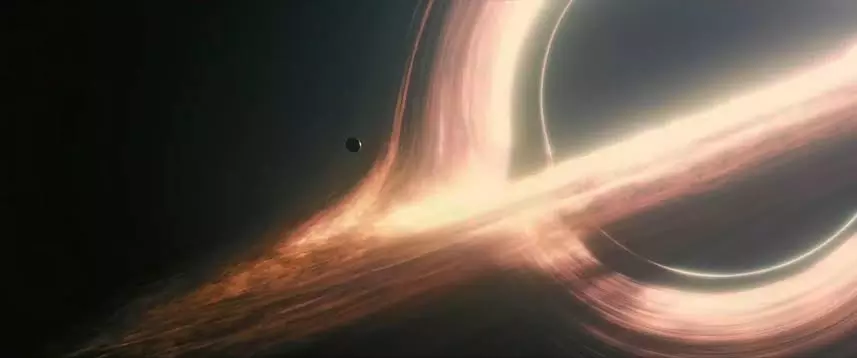
NASA reports first signs of planet outside our Milky Way Galaxy
text_fieldsIn a possible new discovery, NASA has reported finding signs of the first planet to be observed outside the Milky Way Galaxy. Previously many planets have been located within the galaxy but the new planet may be located over 28 million light years from us in the Messier Galaxy.
Scientists at the Harvard-Smithsonian Center for Astrophysics in Cambridge, US led by Dr Rosanne Di Stefano used a method of data collection where they observed the X-ray emissions from an 'X-ray binary' or a superheated cloud of gas pulled around a neutron star or a black hole which usually dims when a planet passes in front. Using this technique, the scientists think they have located a planet the size of Saturn in the area known as M51-ULS-1.
The observations were made using the Chandra telescope which was launched in 1999 to study X-ray emissions from other parts of the universe. Di Stefano told BBC that this method was the best for attempting to find planets far from the Milky Way as techniques used to find planets in our own galaxy failed at such massive distances.
The study has been published in the peer-reviewed Nature Astronomy journal and scientists will be looking into ways to confirm their findings although the data they have received has been analysed to conclude that it could take 70 years to observe the same phenomenon again.ThIs is based on estimations of the supposed planet's orbit.






















